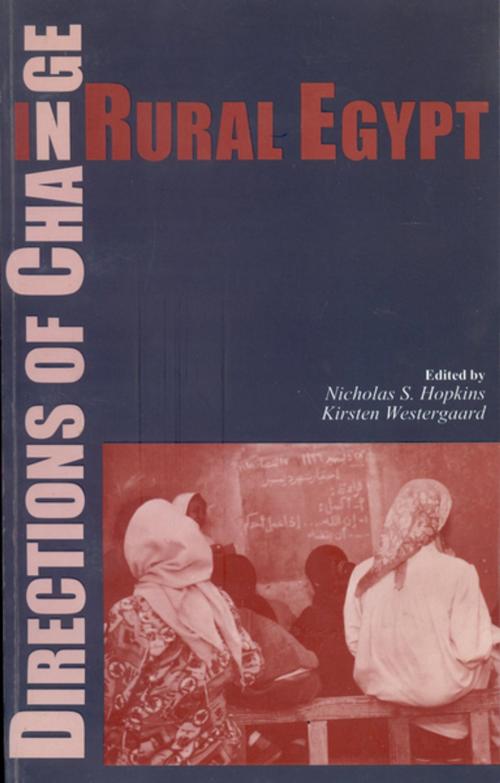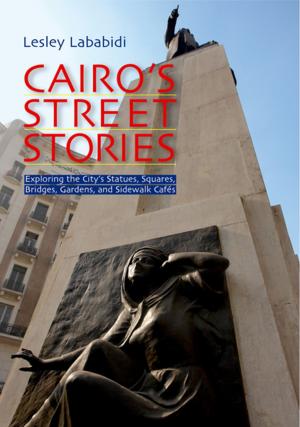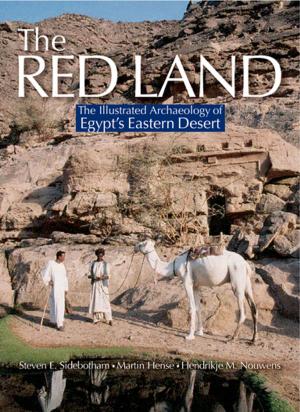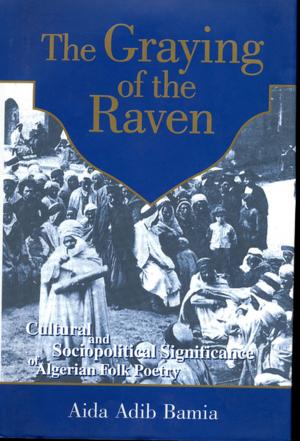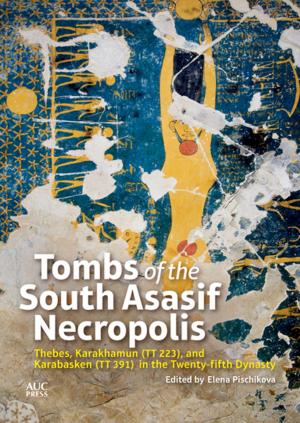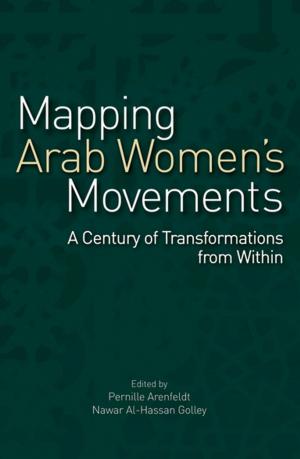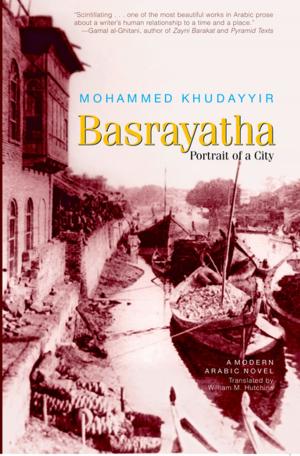Directions of Change in Rural Egypt
Nonfiction, History, Africa, Egypt, Social & Cultural Studies, Social Science, Sociology, Rural, Cultural Studies, Emigration & Immigration| Author: | Nicholas S. Hopkins | ISBN: | 9781617972539 |
| Publisher: | The American University in Cairo Press | Publication: | April 1, 2001 |
| Imprint: | The American University in Cairo Press | Language: | English |
| Author: | Nicholas S. Hopkins |
| ISBN: | 9781617972539 |
| Publisher: | The American University in Cairo Press |
| Publication: | April 1, 2001 |
| Imprint: | The American University in Cairo Press |
| Language: | English |
This volume based on recent fieldwork by distinguished specialists includes information on the changing economic situation in the countryside, particularly after the 'owners and tenants' law of 1992. Along with the effects of structural adjustment on agriculture, marketing, and rural life, several chapters address the declining trend of rural Egyptians to emigrate. Other chapters examine changes in consumption patterns and health, various rural social processes and the 'new lands' being reclaimed in Egypt's desert areas, representations of the rural population in the media and in statistics, and their own changing self-image. What emerges is a picture of a rural Egypt that is full of life, dramatically evolving, and treading a delicate line between progress and impoverishment. Although nothing is typical of rural Egypt, these papers provide a revealing account of the struggles and rewards that characterize the Egyptian countryside today. Contributors: Mohamed Hassan Abdel Aal, Lila Abu-Lughod, Soraya Altorki, Kamran Asdar Ali, Kirsten Haugaard Bach, Ray Bush, Donald Cole, Nicholas Hopkins, François Ireton, Sohair Mehanna, Günter Meyer, Timothy Mitchell, Mohamed M. Mohieddin, Detlef Müller-Mahn, Hans-Christian Korsholm Nielsen, Malak Rouchdy, Reem Saad, Hania Sholkamy, James Toth, Kirsten Westergaard, Peter Winch, Ahmed Zayed.
This volume based on recent fieldwork by distinguished specialists includes information on the changing economic situation in the countryside, particularly after the 'owners and tenants' law of 1992. Along with the effects of structural adjustment on agriculture, marketing, and rural life, several chapters address the declining trend of rural Egyptians to emigrate. Other chapters examine changes in consumption patterns and health, various rural social processes and the 'new lands' being reclaimed in Egypt's desert areas, representations of the rural population in the media and in statistics, and their own changing self-image. What emerges is a picture of a rural Egypt that is full of life, dramatically evolving, and treading a delicate line between progress and impoverishment. Although nothing is typical of rural Egypt, these papers provide a revealing account of the struggles and rewards that characterize the Egyptian countryside today. Contributors: Mohamed Hassan Abdel Aal, Lila Abu-Lughod, Soraya Altorki, Kamran Asdar Ali, Kirsten Haugaard Bach, Ray Bush, Donald Cole, Nicholas Hopkins, François Ireton, Sohair Mehanna, Günter Meyer, Timothy Mitchell, Mohamed M. Mohieddin, Detlef Müller-Mahn, Hans-Christian Korsholm Nielsen, Malak Rouchdy, Reem Saad, Hania Sholkamy, James Toth, Kirsten Westergaard, Peter Winch, Ahmed Zayed.
